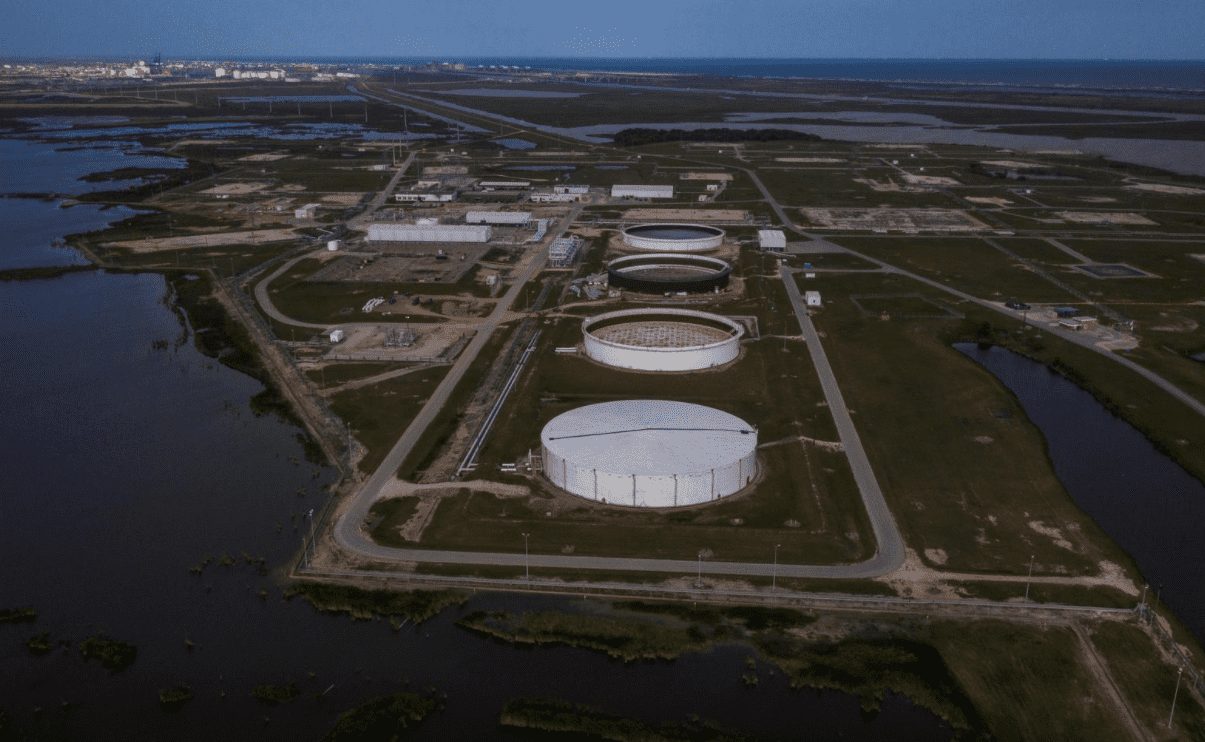Oil prices rose for a fourth straight session on Thursday to the highest levels in more than 13 months, underpinned by monetary easing policies and lower crude production in the United States.
Brent crude futures for April gained 19 cents, 0.3%, to $67.23 a barrel by 0400 GMT, while U.S. West Texas Intermediate crude for April was at $63.30 a barrel, up 8 cents, 0.1%.
Both contracts touched their highest since January 2020 earlier in the session with Brent at $67.44 and WTI at $63.67.
An assurance from the U.S. Federal Reserve that interest rates would stay low for a while boosted investors’ risk appetite and global financial markets.
“Comments from Fed Chairman, Jerome Powell, earlier in the week relating to the need for monetary policy to remain accommodative have probably helped, but sentiment in the oil market has also become more bullish, with expectations for a tightening oil balance,” ING analysts said in a note.
A rare winter storm in Texas has caused U.S. crude production to drop by more than 10%, or 1 million barrels per day (bpd) last week, the Energy Information Administration said. [EIA/S]
Fuel supplies in the world’s largest oil consumer could also tighten as its refinery crude inputs had dropped to the lowest since September 2008.
The Organization of the Petroleum Exporting Countries and their allies including Russia, a group known as OPEC+, is due to meet on March 4.
The group will discuss a modest easing of oil supply curbs from April given a recovery in prices, OPEC+ sources said, although some suggest holding steady for now given the risk of new setbacks in the battle against the pandemic.
Extra voluntary cuts by Saudi Arabia in February and March have tightened global supplies and supported prices.

